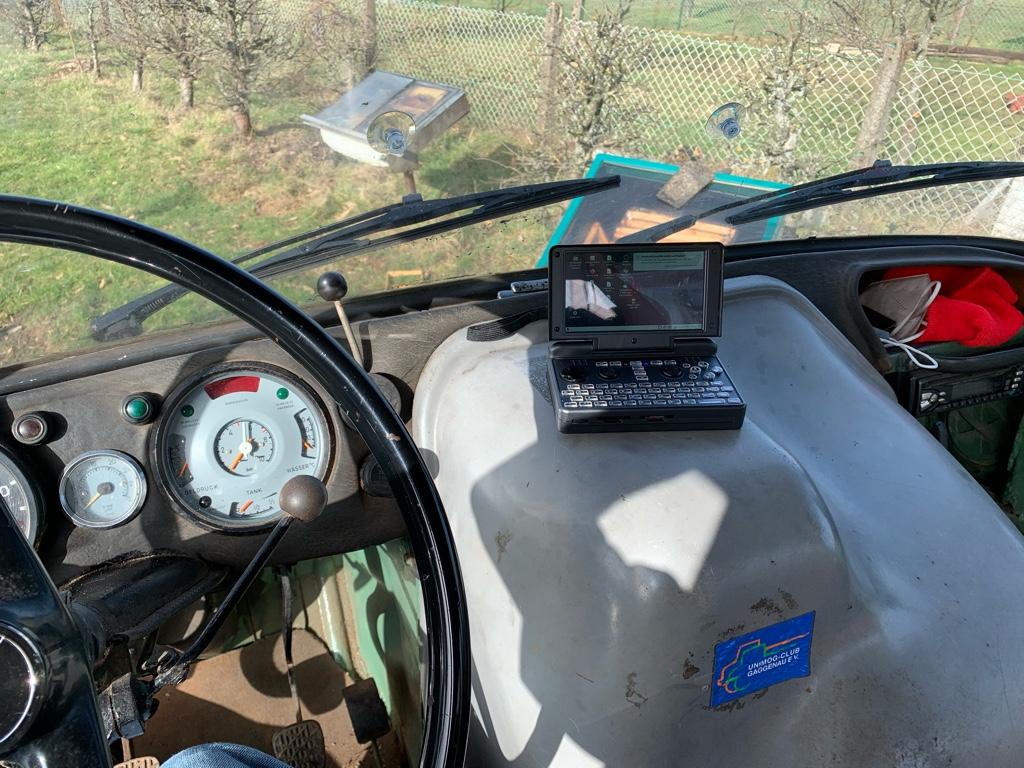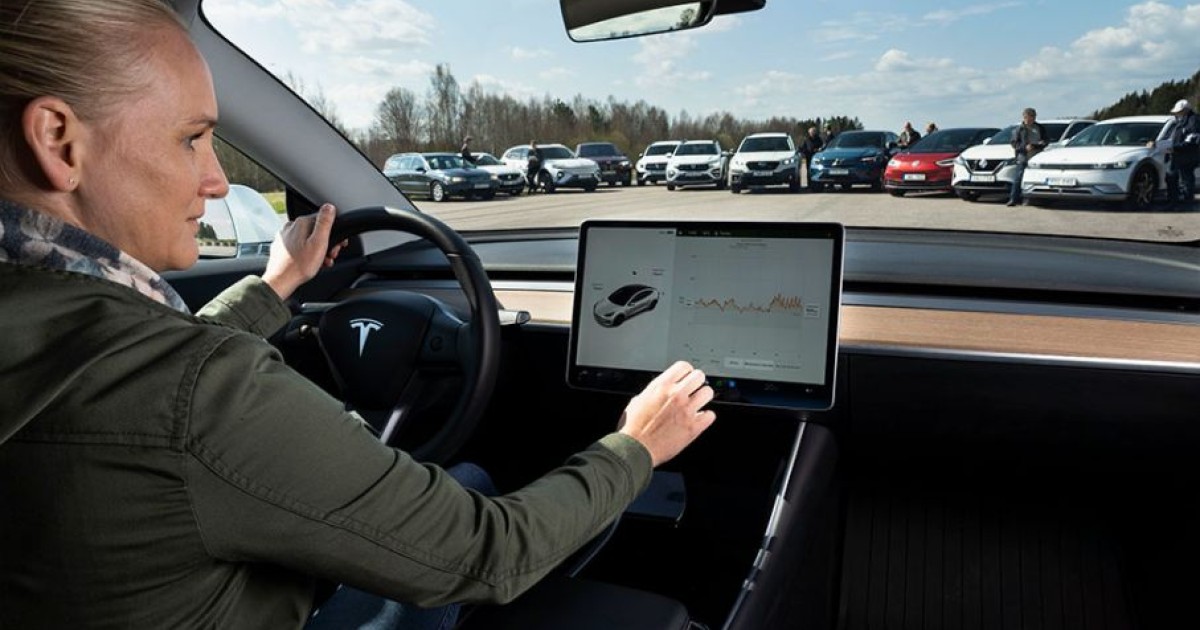It's not only the engine that can't work with hydrogen. I don't think even the tank can hold hydrogen. Hydrogen is a very small molecule that gets through materials, and often changes its chemistry
degrading many containers.
Besides,
hydrogen gas is too sparse, too thin a gas, in a tractor tank you would get so few molecules that you couldn't run an engine for minutes. If you want to make it denser, you need to pressurize and cool it to very low temperatures.
Diesel vehicles are not designed for cryogenic propelants.
I don't say you can't design an hydrogen powered tractor. It can be done
with fuel cell or directly
burning hydrogen to emit water vapour (and NOx

), but it's a total different design than a diesel vehicle. You
can adapt a diesel vehicle design to use hydrogen, but it's not like retrofitting in an exiting frame, let alone filling your diesel vehicle with hydrogen and driving away.
With the Ukraine war, governments are requiring new gas pipelines, and you often hear people say
they should make any new pipelines apt for transporting both current methane and future hydrogen (
or not), because the current pipelines are not designed for hydrogen. But I don't know how easy it'll be to fill your tank with hydrogen in the future. Looks more
dangerous than diesel or gasoline.
Now about how long will you be able to drive diesel vehicles. I have no idea. I guess it's going to be legal, in certain conditions and so on. But as electrification spreads, fuel stations will become increasingly unprofitable, so you could find difficulties in sourcing diesel in any convenient way. Electric cars are very expensive now, but electric bicycles are common (or all kinds of smaller gadgets I can't even name). In Norway there're a lot of electric cars, but even in places where there're currently few, there are many electric motorbikes.
Electric cars used to cost near 100000 €, then 60000, and
now I'm seeing
Chinese British branded cars for 30000€ (or even
German), not to mention a
12000€ Chinese lead acid battery pickup (for 80 km at max 50km/h) or Citroën's almost-a-car
Ami for 6000€. And they're much cheaper on fuel and maintenance if you are going to use them often. The problem with electric cars is that they're often too smart and too connected, so I fear they'll suffer planned obsolescence and complexities that will unnecessarily lower lifespans and increase ownership costs. That's a trend for gasoline cars too, though. But I think in a few years it'll be internal combustion owners who'll feel range anxiety.
And it's true that many people can't afford an electric car. Even more with the inflation and economic downturn which doesn't look to be gone anytime soon. But many people won't be able to buy fossil cars either, or pay for their fuel when they find a fuel station. So many people are going to live without a car, like before Ford, but occasionally hiring one. And the rich ones having a car will have houses, fotovoltaics and batteries (or use the car as house battery) and won't need so many charge stations as there are fuel stations now. If we're going to have as many cars as now but electric, I doubt the electric grid can be upgraded. But we'll have fewer, maybe many fewer.
It's easy to think you'll be able to drive fossil fueled cars for decades to come, but it reminds me of those of us who didn't like mobile phones when they were introduced, and thought we could always call from phoneboxes.



